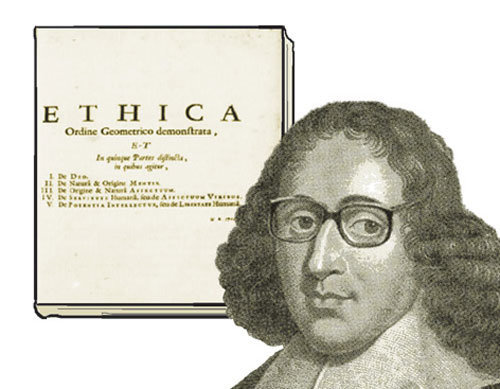Freedom of Spinoza
Freedom of Spinoza
Posted August. 16, 2021 07:18,
Updated August. 16, 2021 07:18


“All things excellent are as difficult as they are rare.”
― Baruch Spinoza, Ethics (1677)
It has been mistakenly believed that Spinoza once said, “Even if I knew that tomorrow the world would go to pieces, I would still plant my apple tree,” which is not true at all. However, don’t be disappointed because this inspiring philosopher instead ends “Ethics” with another impressive phrase. It can also sound that all excellent things are rare so it is difficult to see any.
Since I came across this phrase when I was a little boy, it has been the golden rule of my lifetime. It was my curiosity about Spinoza that led me to visit Amsterdam and dive deep into historical books on Europe in the 17th century. Indeed, this line has served as the light of my world and thoughts up until now.
Everything excellent is as difficult as it is rare. You may think that it advises you to work harder but “difficultatem” or a Latin origin of the word “difficult” also means self-control against pleasure and enjoyment. By contrast, anything that we call effort is all about struggling to earn a higher level of joy and delight. What Spinoza means by “excellent” is your satisfaction about a state of freedom that is not swayed nor affected by any sort of cause. Once you feel an absolute degree of containment about freedom, you will come to understand others without any criticism, contempt and ridicule.
In the sea of media content of the 21st century, we may feel excitement about mocking and belittling others. Spinoza’s ending line of “Ethics” tells me a lesson about what freedom means – how you lead a life not bound by others. Although it may be mistaken as a kind of individual freedom, Spinoza makes it clear that you can be free not by letting yourself alone enjoy freedom but by defining a healthy relationship between objects and yourself. The basis of such a bilateral relationship can bring you to an incomparable and outstanding level of excellent and genuine happiness.
Headline News
- Joint investigation headquarters asks Yoon to appear at the investigation office
- KDIC colonel: Cable ties and hoods to control NEC staff were prepared
- Results of real estate development diverged by accessibility to Gangnam
- New budget proposal reflecting Trump’s demand rejected
- Son Heung-min scores winning corner kick







